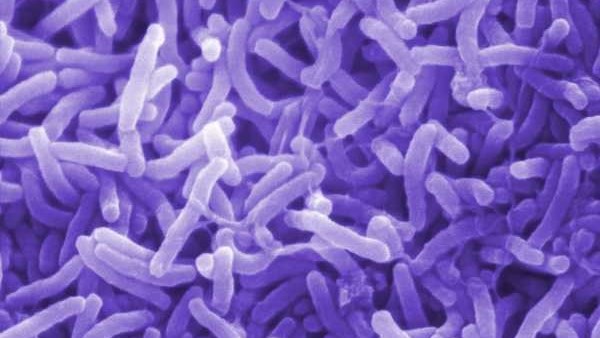Central SA
Health calls for vigilance after local cholera cases─── TSHEHLA KOTELI 13:00 Wed, 08 Feb 2023

The National Department of Health calls on the public to remain vigilant following two confirmed cholera cases.
According to the department's statement, the two cases were recorded in Gauteng recently. The two sisters developed symptoms on their return to Johannesburg from Malawi, where they were attending a funeral service.
Cholera is explained to be an acute enteric infection caused by the bacteria Vibrio cholerae, and the outbreaks usually occur in settings with inadequate sanitation and insufficient access to safe drinking water. The symptoms range from mild to severe and watery diarrhoea and dehydration. “Cholera typically causes acute watery diarrhoea and can affect people of all ages,” reads the statement.
The statement explains that one patient presented to a local clinic and was then admitted to the hospital. During the case investigation and follow-up of close contacts, the sister reported that she also developed diarrhoea whilst travelling back from Malawi but it resolved within a day and she did not seek health care. A close contact (household family member) of one of the patients was admitted to the hospital on 4 February with diarrhoea and dehydration, and is considered a possible case. Laboratory test results are pending and follow-up of close contacts is ongoing.
“It mainly spreads through contaminated/polluted water. People can become infected directly through drinking contaminated water, or indirectly through eating contaminated food. The infection is often mild or without symptoms, but can sometimes be severe and life-threatening.”
The incubation period (the period from when the person ingests cholera-contaminated water/food to when they first become ill) ranges from a few hours to 5 days, usually 2 to 3 days. Most persons infected with cholera will experience mild illness or not feel ill.
Although cholera is often predictable and preventable, people are urged to ensure proper hand hygiene which includes the thorough washing of hands with water and soap before and after using the bathroom/toilet, and preparing or eating food. The use of only safe or disinfected water for preparing food, beverages and ice is recommended to prevent possible cholera transmission. Safe disposal of human excrement and nappies is recommended.














